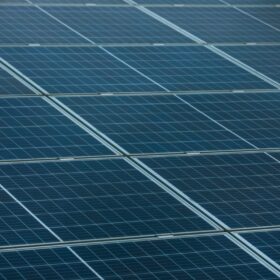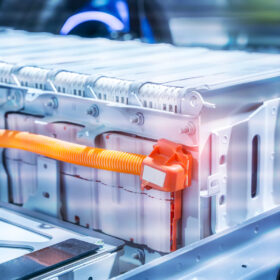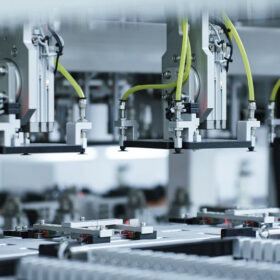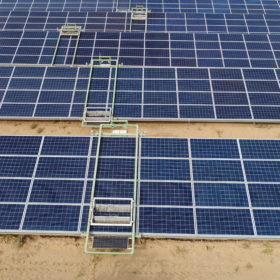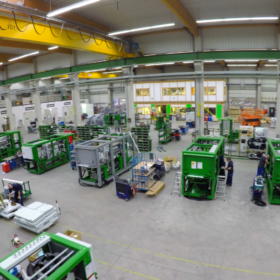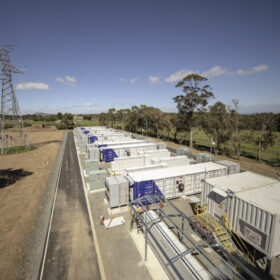TACC Ltd secures INR 1,230 crore SBI credit facility for lithium-ion battery grade graphite anode facility
TACC will use the INR 1,230 crore credit facility secured from the State Bank of India to fund its lithium-ion battery grade graphite anode facility with a capacity of 20,000 mtpa in Dewas, Madhya Pradesh.
BluPine Energy secures 150 MW project in SJVN’s FDRE auction
BluPine Energy will develop a renewable energy project coupled with energy storage system to supply firm renewable power during peak hours daily under a 25-year power purchase agreement.
ReNew Energy Global receives $8.15 per share buyout offer from Masdar-led consortium
ReNew Energy Global Plc has announced that it has received a best and final non-binding buyout proposal from Masdar, CPP Investments, the Abu Dhabi Investment Authority, and Sumant Sinha. The offer of $8.15 per share represents an increase of $1.08 per share, or 15.3%, from the initial non-binding proposal dated December 10, 2024.
BC Jindal Group secures INR 6,500-crore renewable energy projects in FY 2026
The BC Jindal Group, a diversified business conglomerates with over INR 18,000 crore turnover, has reached a renewable energy order book of INR 6,500 crore so far in FY26, with more projects in the pipeline.
Will China’s export curbs on lithium battery materials and technologies reshape global supply chain?
Industry players speak to pv magazine about whether China’s decision to tighten export controls on key minerals and technologies for lithium batteries will cause a short-term disruption or lead to a long-term strategic realignment of the global supply chain.
Can India cope with the growing tide of battery waste?
The world is projected to retire over 11 million tonnes of lithium-ion batteries each year by 2030. India may contribute nearly 2 million tonnes by 2030, not only due to electric vehicles, but also because of an exponential level of consumption of consumer electronics and stationary storage.
China imposes new export controls on lithium ion battery tech
The Chinese government has introduced new export controls on key dual-use items, citing national security concerns. The move opened a new chapter in the ongoing trade confrontations with the US.
ENGIE launches startup program for innovation in renewable energy solutions in India
ENGIE has launched a program to collaborate with enterprise-ready startups in addressing operational and technological challenges across India’s renewable energy sector.
The Hydrogen Stream: TKIL Industries brings hydrogen-ready CHP solutions to India in partnership with Germany’s 2G Energy International
TKIL Industries (formerly thyssenkrupp Industries India) has entered into a strategic partnership with German company 2G Energy International to introduce combined heat and power (CHP) plant and gas engine solutions in India.
Kerala launches 500 MWh battery storage tender
NTPC Vidyut Vyapar Nigam Ltd (NVVN), appointed as the authorised representative by Kerala State Electricity Board Ltd (KSEBL), has invited bids for the development of 500 MWh (250 MW x 2 hours) of standalone battery energy storage systems (BESS) in Kerala for on-demand usage by KSEBL.



